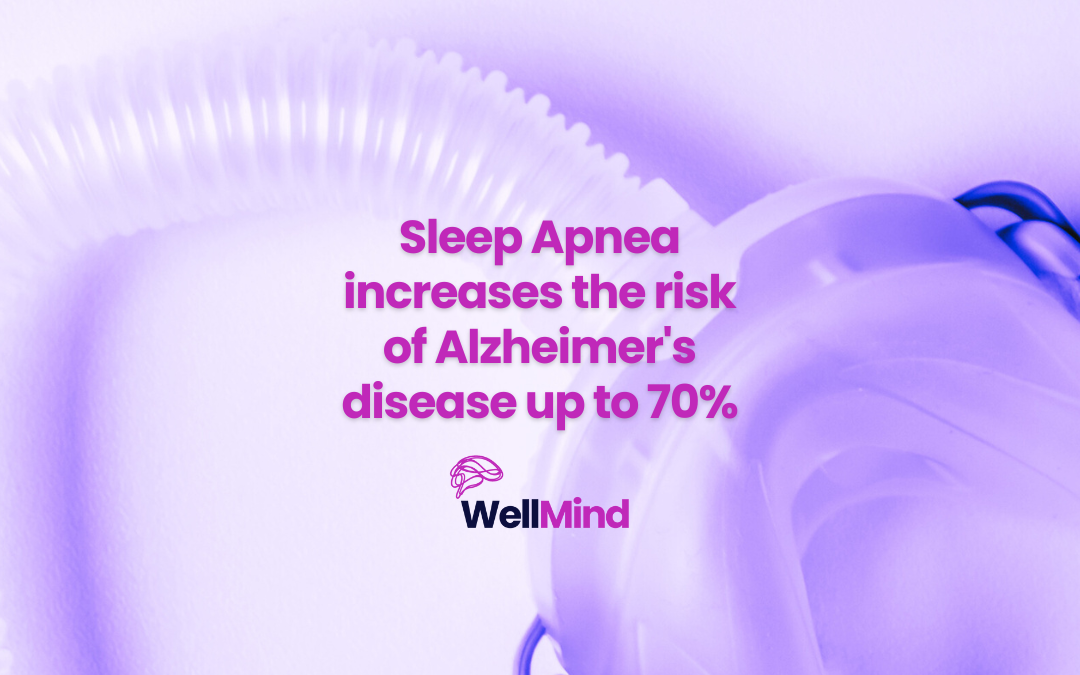Alzheimer’s disease is a progressive neurodegenerative disorder that affects the brain and is characterized by memory loss, cognitive decline, and changes in behavior and personality. It is a devastating disease that not only affects the person with Alzheimer’s but also their caregivers. Being an Alzheimer’s caregiver is one of the most demanding roles a person can undertake. Here are 10 challenges an Alzheimer’s caregiver faces when caring for someone with the disease.
1. Physical and Emotional Demands
Caregiving for an Alzheimer’s patient can be physically and emotionally draining. The person with Alzheimer’s requires constant attention and care, and the caregiver must be available at all times. This can lead to physical exhaustion and emotional stress. Alzheimer’s patients may also have difficulty sleeping, which can disrupt the caregiver’s sleep patterns as well. Caregiving is a full-time job that requires patience, compassion, and understanding.
2. Behavioral Changes
Alzheimer’s disease is known for causing behavioral changes in patients. These changes can range from irritability and agitation to depression and anxiety. A caregiver must be prepared to handle these behavioral changes and know how to de-escalate any potentially dangerous situations. This can be incredibly challenging, as Alzheimer’s patients may not respond to reason or logic.
3. Financial Strain
Alzheimer’s disease can be expensive to manage. Medications, doctor visits, and other medical expenses can quickly add up. The caregiver may need to take time off work or reduce their work hours to care for the patient, which can lead to a loss of income. This financial strain can be overwhelming for caregivers, especially if they are already struggling to make ends meet.
4. Social Isolation
Caregiving for an Alzheimer’s patient can be isolating. The caregiver may not have time to socialize with friends or participate in activities they enjoy. They may also feel uncomfortable leaving the patient or loved one alone or with someone else. This can lead to feelings of loneliness and depression, which can further impact their mental health.
5. Caregiver Burnout
Caregiving for an Alzheimer’s patient can be emotionally draining, and caregivers may experience burnout. Burnout is a state of physical, emotional, and mental exhaustion that can occur when caregivers don’t take care of themselves. This can lead to feelings of guilt and resentment towards the patient, which can further impact the caregiving relationship.
6. Lack of Training and Support
Many caregivers may not have the necessary training or support to care for an Alzheimer’s patient or loved one. They may not know how to handle the behavioral changes or understand the disease’s progression. This lack of knowledge can lead to feelings of frustration and helplessness.
7. Grief and Loss
Alzheimer’s disease is a progressive disease, and caregivers may experience grief and loss as they watch their loved one’s cognitive abilities decline and they “lose” the parent, sibling or friend they knew. This can be incredibly taxing to cope with and can further impact the caregiver’s own mental health.
8. Complex Care Needs
As Alzheimer’s disease progresses, the patient’s care needs become more complex. The caregiver may need to assist with activities of daily living, such as bathing,dressing and personal hygiene; activities that both a patient and caregiver may find uncomfortable because of the intimacy required or perceived gender roles They may also need to manage medications and monitor the patient’s health. This can be incredibly challenging, especially for caregivers who are not trained in healthcare.
9. Lack of Control
Alzheimer’s disease can be unpredictable, and caregivers may feel like they have lost control over their lives. They may not know what to expect from day to day, and this uncertainty can be unsettling. This lack of control can lead to feelings of anxiety and depression.
10. Stigma
There is still a stigma surrounding Alzheimer’s disease, and caregivers may feel ashamed or embarrassed to talk about their caregiving role. This can further isolate them from their support network and lead to feelings of loneliness and depression.
It is important for caregivers to prioritize their own self-care and seek out resources and support to help navigate this difficult role. It is also important to increase awareness and reduce the stigma surrounding Alzheimer’s disease to support both patients and caregivers.
Mind What Matters
One organization that supports caregivers of Alzheimer’s patients is Mind What Matters. This organization provides a range of resources and support for caregivers, including Caregiver Relief Fund Grants that give Alzheimer’s family caregivers funding for substitute care.
Their efforts to support and empower caregivers has a significant impact on the well-being of individuals affected by Alzheimer’s disease and their caregivers. By providing advocacy and support, Mind What Matters helps caregivers to navigate the challenges of caregiving and improve their overall quality of life. To learn more about Mind What Matters visit their website and like, follow, share on your favorite social media sites.
Sign up for our newsletter to receive monthly cognitive health and wellness updates.







